
Kedoshim: The Finest Vat
The Jewish souls are like one large vat; when the time comes, each soul is bottled in its own body and sent on its specific task...

Parshat Kedoshim
Picture a large vat of wine in the process of being bottled. Extending from the large container are numerous tubes siphoning the wine into the individual bottles. Even if the winemaker decides to use bottles of different shapes and sizes, obviously the wine is all from the same original source.
This, explains the Piaseczner Rebbe (1889-1943), is how we should picture the nature of the collective and individual Jewish souls. Like a fine, aged vat of wine before bottling, all of the souls of the Jewish people are one large, interconnected unit. When the time is determined, each soul is bottled in his own body and sent on his or her specific task in this world. On the one hand we are clearly different from one another, on the other hand we are very much one, homogeneous whole. Since we usually view ourselves only as unique and separate entities, the Rebbe reminds us that in the spiritual worlds, as well as in this physical world, this isn't the case.
Of the 613 commandments some are more general and inclusive while others are more specific and fall into larger categories. As a case in point, there are many commandments that relate to the requirements between man and his fellow man. Giving a loan, returning a lost item, not gossiping or speaking badly about one another are all Torah requirements. However, there is a related mitzvah (commandment) which includes these  and many other requirements on how to properly treat and respect a fellow Jew. In this week's Torah reading we read this famous principle "Love your neighbor like yourself". This verse was explained by the great Rabbi Akiva with the following rule: "This is a major principle of the Torah". On a simple level we are being taught that the spiritual spine which connects the numerous commandments between man and his fellow man is this verse. Based on the teachings of the Piaseczner Rebbe mentioned above, hopefully we can come to understand that the commandment to love each other is based on a much deeper and profound awareness of the nature of spiritual reality.
and many other requirements on how to properly treat and respect a fellow Jew. In this week's Torah reading we read this famous principle "Love your neighbor like yourself". This verse was explained by the great Rabbi Akiva with the following rule: "This is a major principle of the Torah". On a simple level we are being taught that the spiritual spine which connects the numerous commandments between man and his fellow man is this verse. Based on the teachings of the Piaseczner Rebbe mentioned above, hopefully we can come to understand that the commandment to love each other is based on a much deeper and profound awareness of the nature of spiritual reality.
The Jerusalem Talmud relates a famous insight concerning this mitzvah. If one hand does damage to the other hand, would the damaged hand take revenge on the hand that caused the pain and suffering? If we were to actually see such a foolish scenario we would probably assume there's something wrong with the fellow's head and not his hands! For one Jew to relate to a fellow Jew spitefully and antagonistically, as opposed to how the right hand would normally treat the left, reflects a misunderstanding in the underpinnings and practice of this mitzvah.
The Babylonian Talmud tells us a well-known story of a non-Jewish fellow who went to the great sage Hillel to convert. This fellow wanted a crash course on the underlying principles of Judaism and if they would make sense to him, he planned on converting. Hillel paraphrased the commandment to "Love your neighbor like yourself" saying "That which is hateful to you, don't do to your friend". The great Chassidic master, the Chidushei Harim (1799-1866) asks why Hillel felt it necessary to rephrase the Torah's dictum. Why didn't Hillel tell the would-be convert the verse from the Torah as opposed to this rephrasing? The Chidushei Harim explains that the concept of loving someone else as oneself was out of the range of his understanding. Not to do something harmful was reasonable and logical to this fellow. In fact, it was enough to win him over to Judaism. But the idea that a person is obligated to love another as one loves oneself was an anomaly to him, especially when we realize the deeper messages included in this mitzvah.
Honestly, I think we live with this dichotomy also. For example, Americans, by and large, are friendly people. If someone was to suggest Hillel's rule as a general approach to decent social etiquette, I think the idea would be accepted. But if someone was to suggest that all Americans should love each other as much as themselves because their souls are considered one enormous collective soul, my guess is that even the most patriotic Americans might find the idea hard to swallow.
Even so, this is the true understanding of how the Jewish people are supposed to function in this world. How are we expected to live with such lofty concepts and ideals? The answer is dependent on our definition of who we are as a people. The mitzvah of loving each other based on our being interconnected tells us that our essence is our soul, not our bodies. At a eulogy for Rabbi Noach Weinberg, founder of Aish HaTorah (a Yeshiva for late-starters to Judaism) the story was told how Rabbi Weinberg used to hold his new-born children and say "You're a soul, you're a soul".
Of course loving our neighbor as ourselves starts with Hillel's dictum of not doing something to someone that we wouldn't want perpetrated on ourselves. But there is much more.
Next time we feel tension with someone, we should try to remind ourselves that this person is really a soul. He comes from the same spiritual vat, the same stock that we do. He's in a different bottle and carries a different label but, in essence, is also vintage wine. He's one hand and I'm the other. I pray for peace and blessing and so do you. May we merit to share this vision together.


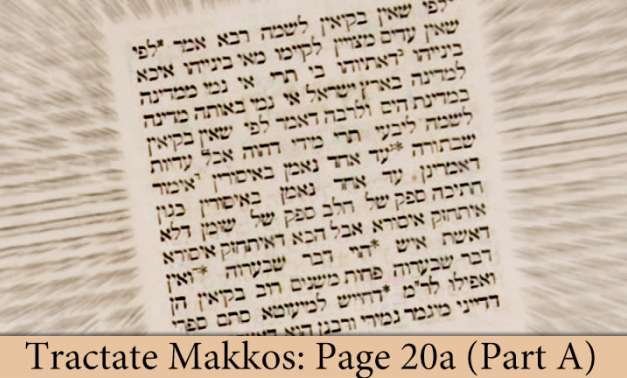


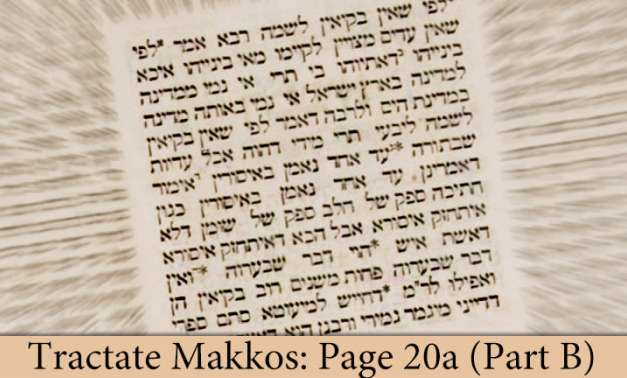

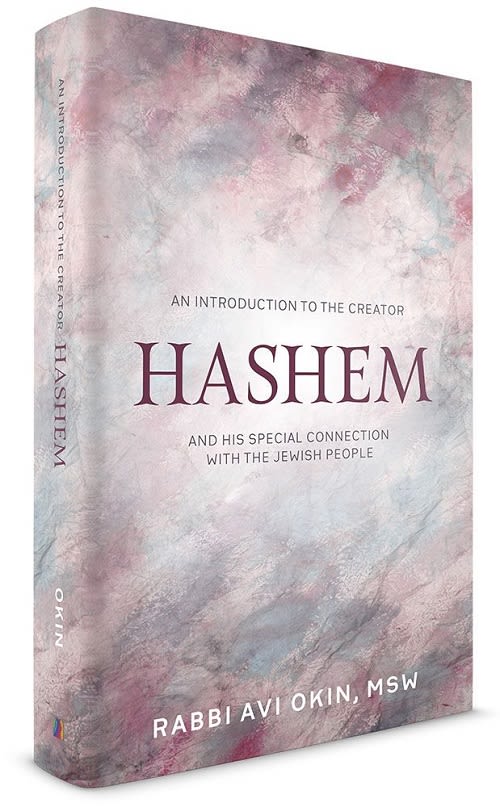


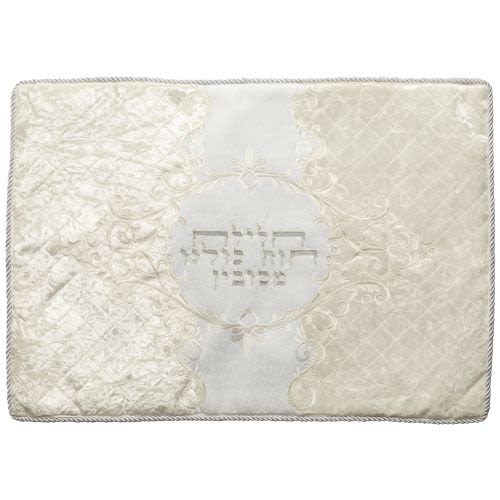
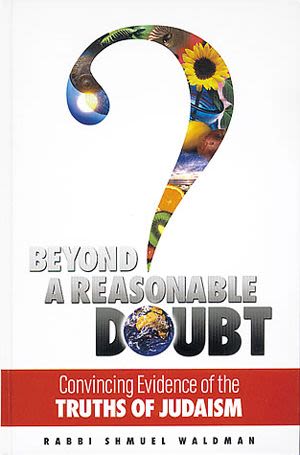
Tell us what you think!
Thank you for your comment!
It will be published after approval by the Editor.